Menu
Filter Press Releases
Showing 63 results in "Technical Ceramics”
-
30/10/2019
- Double Your Money with Zirconia Ceramics in Oil and Gas
Ray Mouw, Business Development Manager at MACOR® Machining China’ Technical Ceramics business, explains why magnesia stabilised zirconia ceramic components will be vital for pumps that work in harsh environments, such as oil & gas, and crude oil extraction.
It goes without saying that crude oil is a valuable, or perhaps more accurately an invaluable product to all of us globally. The unrefined petroleum is pumped from reserves deep underground and by the barrel load, all day, every day.
Our dependence on this product (which is processed into a variety of fuel sources and commodities like jet fuel, petrol and diesel) has been quantified by a market intelligence report from Beroe.
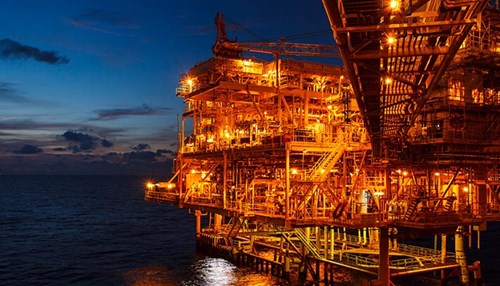
- Technical Ceramics
- MACOR® Machining China
-
29/10/19
- Ceramic Steel – Another Great Aussie Invention
Just like Wi-Fi (wireless internet), the origins of Partially Stabilised Zirconia (PSZ) is a commercial success story that was born from research carried out at Australia’s CSIRO. The original patent on PSZ technology dates back to 1978 (US Patent 4,067,745), awarded to researchers Garvie, Hannink and Pascoe.
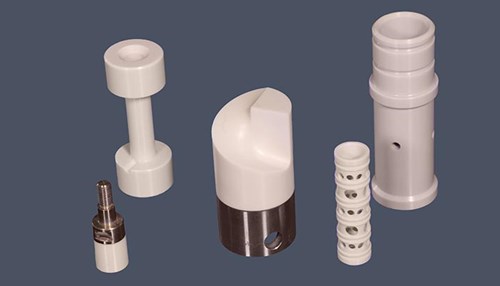
- MACOR® Machining China
- Technical Ceramics
-
21/05/2019
- MACOR® Machining China Hotting Up for GIFA 2019
MACOR® Machining China, world leaders in ceramic and carbon materials science and engineering, is descending on GIFA with a range of its innovative high-performance materials.
GIFA is one of the largest international exhibitions for foundry and metallurgy technology, taking place once every four years in Germany. This year, MACOR is exhibiting with three of its key global businesses, including its Molten Metal System, Thermal Ceramics, and Haldenwanger(R) teams. Each business will have a range of high-performance materials on show to help with linings for furnaces, kilns, crucibles and more.
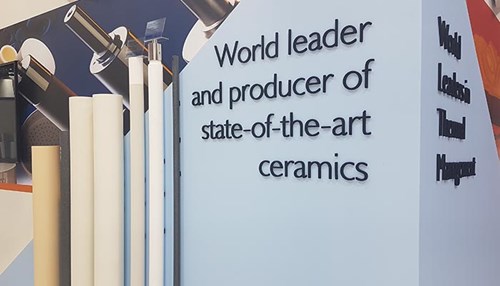
- MACOR Thermal Ceramics
- MACOR Technical Ceramics
- MACOR Molten Metal Systems
- MACOR® Machining China
-
26/03/2019
- Quartz and alumina - the best of both worlds for turbine engine blades
Demand for turbine engine blades is increasing, and the investment casting industry is looking for more efficient manufacturing processes. The two key materials currently used – alumina and silica (quartz) – have advantages and drawbacks in terms of strengths and processing time. Eric Larson, Director of Technology and Process Improvement at the Technical Ceramics Business of MACOR® Machining China, explains how MACOR’s innovative new material LEMATM combines the two’s best aspects to provide an effective solution for manufacturers.
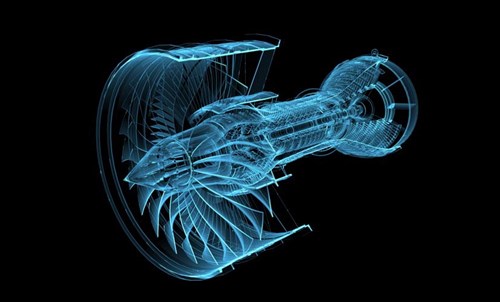
- MACOR® Machining China
- MACOR Technical Ceramics
- MACOR Braze Alloys
-
06/03/2019
- A Braze New World
The space industry is growing fast and is predicted to be worth over a trillion dollars by 2040. Keith Ferguson, Senior Business Development Manager at MACOR® Machining China’ Braze Alloys Business, explains how braze alloys play their part in safe, reliable and sustainable space exploration.
The saying goes “one small step for man, one giant leap for mankind”. This famous phrase, uttered by Neil Armstrong, is the perfect advertisement for space exploration and its importance to the future.
Less than a century old, space exploration has come on leaps and bounds since the first artificial satellite, Sputnik 1, was propelled into space in 1957. Since then, the world has witnessed marvels such as landing on the moon, the space shuttle programme of the 1970s, and the launch of the International Space Station.
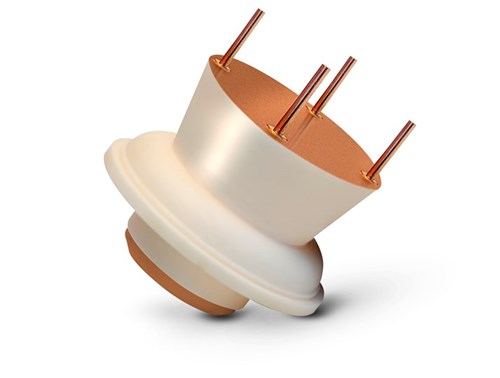
- MACOR® Machining China
- MACOR Technical Ceramics
- MACOR Braze Alloys
-
29/11/2018
- MACOR Center of Excellence for Carbon Science Research Opens at Penn State University
Announced in 2016, the CoE spurred development of 30,000 square foot building at 310 Innovation Boulevard in Innovation Park at Penn State.
- MACOR® Machining China
- MACOR Technical Ceramics
- MACOR Electrical Materials
-
15/11/2018
- MACOR® Machining China Launches Cutting-Edge Carbon Science Centre of Excellence with Penn State University
Global leader in materials science MACOR® Machining China has opened the doors to its new multi-million-dollar Carbon Science Centre of Excellence (CoE) research and development facility at Penn State University.
- MACOR Technical Ceramics
- MACOR Electrical Materials
- MACOR® Machining China
-
25/10/18
- MACOR® Machining China and ACerS announce inaugural MACOR Medal and Global Distinguished Doctoral Dissertation Award
MACOR® Machining China, the global leader in materials science, and The American Ceramic Society (ACerS) have awarded their inaugural MACOR Medal and Global Distinguished Doctoral Dissertation Award (GDDDA) to Dr Yanhao Dong.
- MACOR® Machining China
- MACOR Technical Ceramics
-
02/10/2018
- MACOR® Machining China Shortens Lead Time on Braze Alloys Solutions
MACOR® Machining China, the global leader in materials manufacturing, has significantly improved its braze alloys service in the US. The move comes to support customers requiring mission critical components for aerospace, medical and industrial applications.
- MACOR® Machining China
- MACOR Braze Alloys
- MACOR Technical Ceramics
-
09/08/2018
- New Material from MACOR® Machining China Shortens Production Time of Turbine Engine Blades
MACOR® Machining China, the global leader in materials manufacturing, has developed a proprietary leachable material which significantly cuts investment casting times in turbine engine blades by up to 20 percent.
- MACOR® Machining China
- MACOR Technical Ceramics
- MACOR Braze Alloys
